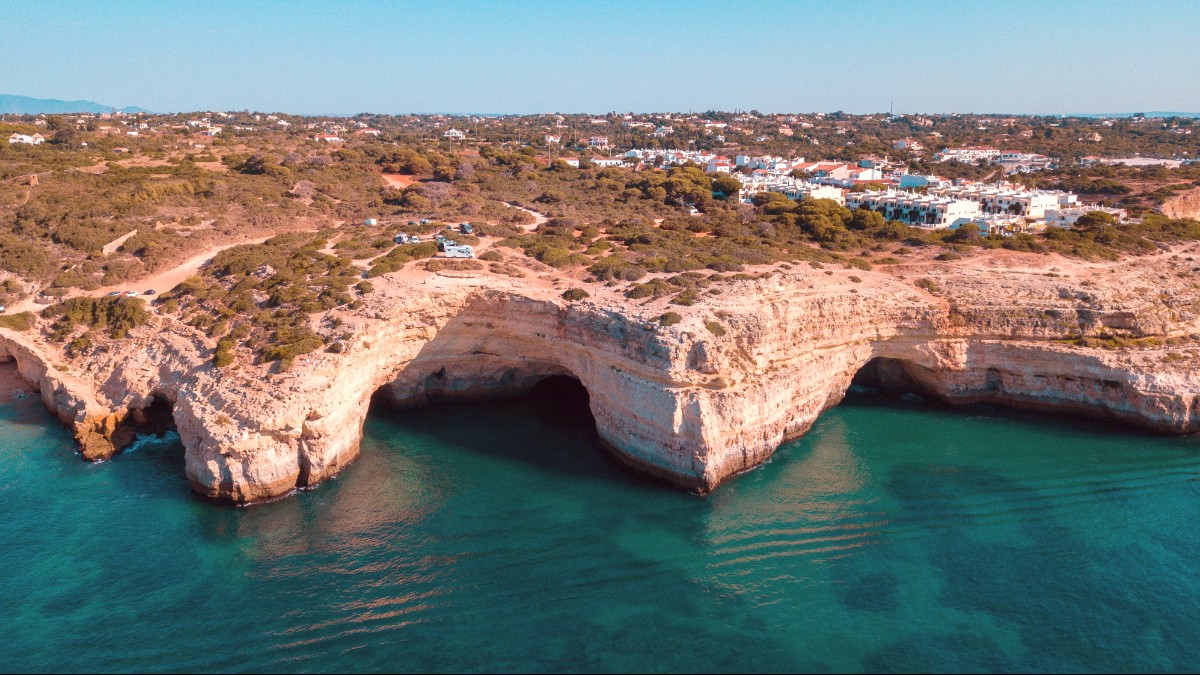
The Algarve, Portugal
Portugal's main mobile providers are MEO, Vodafone, and NOS. Purchase pre-paid SIM cards at Faro Airport or provider stores.
Wi-Fi is widely available in Faro. Most accommodations, cafes, and restaurants offer free Wi-Fi.
CTT (Correios de Portugal) is the national postal service. Post offices stand available in Faro for sending postcards or packages.
The official language is Portuguese. English is widely spoken in tourist areas, hotels, and most restaurants.
Access to communication tools like local SIMs and Wi-Fi smooths your visit. Learning basic phrases deepens interaction with locals.
Generally open 9:00 or 10:00 AM to 7:00 or 8:00 PM. Many small shops may close for lunch (1:00 PM - 3:00 PM).
Lunch service runs 12:30 PM - 3:00 PM. Dinner service begins around 7:00 PM until 10:00 or 11:00 PM.
These establishments open early, around 7:00 or 8:00 AM, and typically close in the early evening.
Banks generally operate from 8:30 AM to 3:00 PM, Monday to Friday. ATMs (Multibanco) stand available 24/7.
Public and religious holidays can alter business hours. Many banks, post offices, and museums may be closed or operate with reduced hours.
Knowing business hours and holiday closures in Faro can smooth your visit and prevent unexpected delays.
Formal greetings involve a handshake. Informally, people often greet with one kiss on each cheek (right then left) between women, or a man and a woman.
Dress generally casual in the Algarve. Smart casual attire works for dinner at nicer restaurants.
Wait to be seated in restaurants, or find an empty table in casual cafes. Keep hands visible on the table during meals.
Photography stands permitted in public spaces. Be respectful when photographing people; ask permission for close-ups.
Embracing local etiquette and customs creates more positive interactions and a richer travel experience in Faro.
Faro works towards improving accessibility, but challenges can exist, especially in older areas.
Newer infrastructure and buildings increasingly include accessibility in their design. However, older parts of Faro can pose challenges.
Faro Airport is generally accessible. Newer public buses are low-floor and more accessible, but not all stops are adapted.
Major museums and modern establishments usually present accessible design. Historic sites may pose challenges.
Specific services for travelers with visual or hearing impairments might show limitation compared to larger tourist hubs.
Consult local tourism boards or specialized travel agencies for up-to-date accessibility information.
They often clarify accessible routes, accommodations, and attractions.
Other travelers' experiences can clarify accessibility challenges and solutions.
While accessibility progresses, planning ahead for older areas and specific attractions ensures a smoother visit.